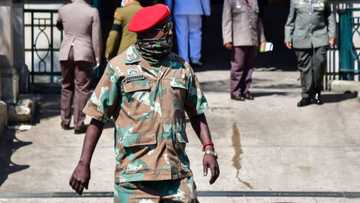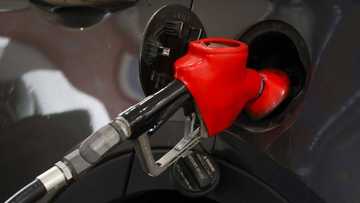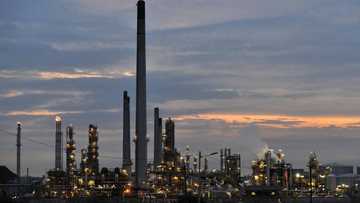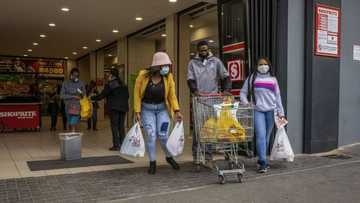Fuel Hikes in the Country Could Possibly Be Curbed by Foreign Investments, Says Expert
- Bleak times are ahead for consumers with the July fuel hikes as this has negative ripple effects on the economy
- Fuel hikes generally imply that food and transport costs have a high possibility of rising in the near future
- Decreasing the 36% fuel tax could help motorists deal with escalating fuel costs and attracting foreign direct investment
PAY ATTENTION: Click “See First” under the “Following” tab to see Briefly.co.za News on your News Feed!
By Neesha Maharaj - Freelance Journalist
Fuel hikes under fairly stable economic conditions are exasperating enough for the ordinary consumer. Contending with high fuel costs under the present bleak economic times can be overwhelming for many South African consumers.
South Africa’s Department of Energy increased the petrol price by 26c this week (7 July) bringing the inland petrol price to R17.39 per litre and R16.66 in coastal towns. Diesel, now costing R15.09 per litre, increased by 42c. The price of illuminated paraffin increased by 36c and is now priced at R9.13 per litre.
Ms Meshel Muzuva, an Economics academic at MANCOSA (Management College of Southern Africa) attributes South Africa’s surge in fuel costs to the sharp increase in global crude oil prices which stands at approximately $75 per barrel, its highest since 2018.
Global economies such as the United States, Europe and China have swung back into work mode after months under lockdown due to the perilous Covid-19 pandemic, creating a greater demand for the commodity (crude oil) believes Muzuva.
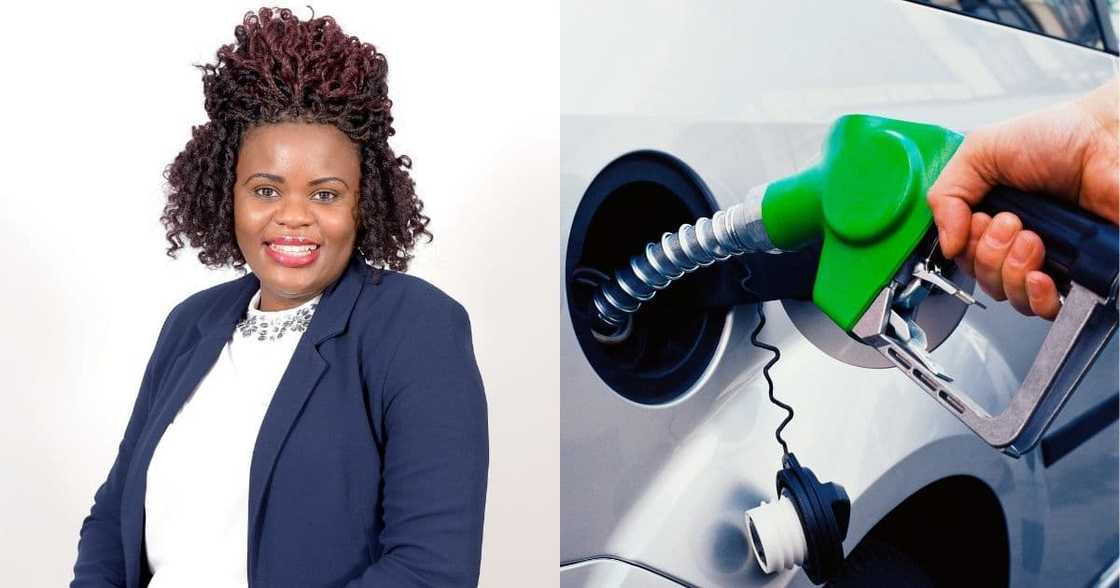
Source: UGC
“With these global trends, oil prices are not expected to fall anytime soon. So South African motorists will have to contend with sky-high petrol and diesel prices for some time, unless the government decides to reduce the taxes on the fuel which account for 36% of fuel costs,” she said.
PAY ATTENTION: Never miss breaking news – join Briefly News' Telegram channel
For many South Africans trying to recover from the negative economic impact of COVID-19, yet another petrol hike means further economic adversity. Muzuva concurs that an immediate concern of consumers when fuel hikes are imposed is its ramifications on the rest of the economy.
Commuters dependent on public transport become anxious that they may have to fork out more money for bus and taxi fares, which generally increases in the wake of petrol hikes.
Increased paraffin prices mean the poor who are dependent on this commodity for cooking and keeping warm in winter, may not be able to afford it.
“During the hard lockdown last year and under the current lockdown level four, restaurant closures for example saw workers from this sector lose their jobs. If they cannot earn a wage, they cannot afford to buy paraffin. So, it’s people in such situations that are left vulnerable,” said Muzuva.
Another big worry for consumers is higher food costs that follow petrol price increases. According to Muzuva, higher petrol prices translates to farmers’ incurring higher costs to operate their irrigation equipment which run on fuel.
This, coupled with increased costs to farmers in transporting their goods to retail stores, means that the consumer bears the brunt by paying higher food prices.
PAY ATTENTION: Never miss breaking news – join Briefly News' Telegram channel
To keep safe during Covid-19 many consumers turned to online shopping. Muzuva suggests that the petrol hike may see online shoppers having to pay higher delivery costs to have their shopping delivered to their door.
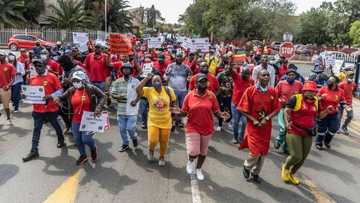
Read also
Cosatu pushes for countrywide standstill in response to SA's economic crisis: "They are clueless"
Logistic companies responsible for the delivery of goods would also be hit by fuel increases with their spending on petrol increasing. This may not be good for their clients who would possibly have to fork out more money for logistic services.
With all the depressing consequences of a fuel hike laid bare, what can consumers do to protect themselves if possible?
Muzuva’s tips to consumers were to reduce their spending wherever possible and focus on essentials.
Car-pooling was an option in the past, in light of looming fuel hikes, however with the Covid-19 virus, motorists may be reluctant to opt for this solution as they attempt to minimize their contact with people.
Remote working from home is a suggestion Muzuva agrees with, saying it would circumvent people contracting the Coronavirus and simultaneously help them (workers) save on transport costs. She said employers should help employees on this where possible.
According to Muzuva, the government cannot reduce the current 36% fuel tax in the short term. It’s a long process which they can look into in the long run.
However, to circumvent the adverse effects of a fuel increase on the economy, the government needs to work fervently to attract Foreign Direct Investment (FDI).
“We knew for some time now that our economy was in trouble. Unemployment and inflation have increased. It will take time for economic stability to be achieved. The government needs to attract more investors to South Africa to see a positive economic turn-around,” said Muzuva.
FDI would stimulate economic growth, create employment opportunities and boost gross fixed capital formation.
Amid a global pandemic, South Africa’s tourism industry, for example, which was a huge drawcard for foreign investors; has seen a setback. Muzuva suggests technology driven sectors needed further exploration by the government.
“Sectors that are technology-enabled I think would attract investors. We have seen greater usage of digital applications in financial services, education and health. Investors that are technology-driven are attractive. For example, international companies are using online platforms to sell their products and dispatching would be done locally,” she said.
Muzuva suggests certain strategies that the government could utilise to attract foreign investors. These include:
- Reducing SA’s high crime rate;
- Re-look the proposed land expropriation bill without compensation as it creates legal uncertainties and discourages foreign investment;
- And train workers through education and skill management.
SA's biggest oil refinery has shut down amid the ongoing violent protests
Previously, Briefly News reported that SAPREF, South Africa's largest crude oil refinery, announced on Tuesday that it was temporarily closing down and declaring force majeure on contracts.
This announcement comes after violent protests broke out in KwaZulu-Natal and Gauteng as a response to the arrest of former president Jacob Zuma. The protests led to widespread looting, destruction of infrastructure and theft.
"In the case of a complete shut down of the refinery, the continuation of your agreement with SAPREF on the same terms and conditions becomes impossible," wrote SAPREF.
Enjoyed reading our story? Download BRIEFLY's news app on Google Play now and stay up-to-date with major South African news!
Source: Briefly News

Kelly Lippke (Senior Editor) Kelly Lippke is a copy editor/proofreader who started her career at the Northern-Natal Courier with a BA in Communication Science/Psychology (Unisa, 2007). Kelly has worked for several Caxton publications, including the Highway Mail and Northglen News. Kelly’s unique editing perspective stems from an additional major in Linguistics. Kelly joined Briefly News in 2018 and she has 16 years of experience. Kelly has also passed a set of trainings by Google News Initiative. You can reach her at kelly.lippke@briefly.co.za.

Reeshni Chetty Reeshni Chetty is a senior current affairs reporter. The Damelin journalism and media studies graduate was top of her class with 16 distinctions and she boasts experience in radio, print and digital media. When Reeshni is not rushing to bring you the most important and breaking news in current affairs, she's raising awareness around mental health. Reeshni has a passion for breaking the stigma surrounding mental health issues.

